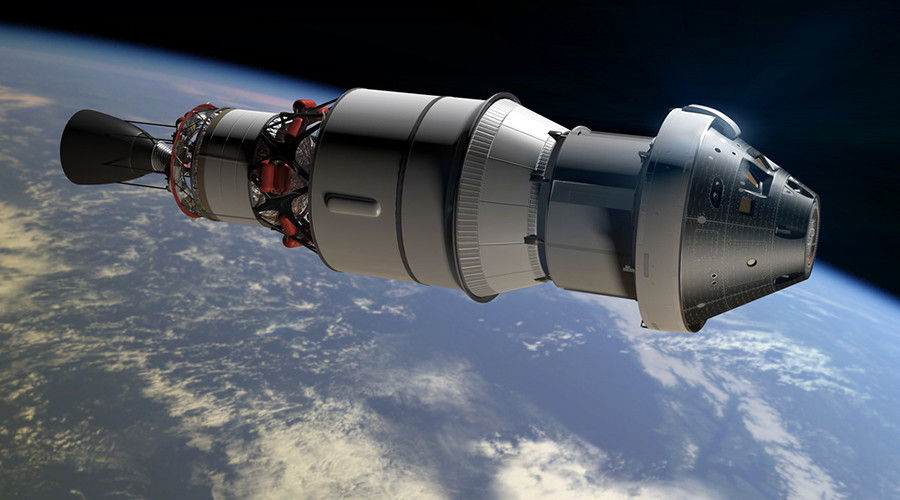NASA delays first manned flight for its Mars spacecraft until 2023

The first crewed flight of the vehicle which NASA one day expects to be taken to Mars has been delayed. The first mission, called EM-2, was previously expected to happen in August 2021, but NASA has now said that it could happen as late as April 2023.
Bezos vs. Musk? Amazon CEO plans to build, launch rockets off Florida coast #BlueOrigin http://t.co/JOyi47i4qE pic.twitter.com/YdbQbWcKyg
— RT America (@RT_America) September 16, 2015
The delay was attributed to a “rigorous technical and programmatic review,” which mentioned that NASA is keeping the project in line with current “funding levels in the president’s budget request.”
This news was immediately criticized by US Rep. Lamar Smith (R-Texas), chairman of the House Committee on Science, Space, and Technology. He accused the Obama administration of “choosing to delay deep-space exploration priorities such as Orion and the Space Launch System that will take US astronauts to the moon, Mars and beyond."
“We must chart a compelling course for our nation’s space program so that we can continue to inspire future generations of scientists, engineers and explorers,” he continued.
NASA’s plan is to spend $6.77 billion to get Orion ready for EM-2 from October 2015 through the mission's completion, according to Space.com. More funding, which lawmakers like Rep. Smith would like, could possibly get the program off the ground sooner.
Bill Gerstenmaier, the associate administrator for human exploration at NASA, said the Orion team made some structural changes to the spacecraft, which was another factor in the delay.
"We did some changes to reduce weight, took a lot of weight out of the structure for EM-1 and EM-2, reduced the number of cone panels that make up the cone section of the Orion," Gerstenmaier said at a press conference.
Gerstenmaier said that the team would try to meet the original 2021 date despite the budget and design constraints, but that the Orion team is being conservative about the timeline.
Dark side of Saturn: NASA releases new image of ringed planet at night http://t.co/Gjv3nPfhQN pic.twitter.com/vYEwhx9s2y
— RT (@RT_com) September 16, 2015
The Orion capsule is one of NASA’s top priorities, but the Government Accountability Office has said the agency’s plan for human exploration of space is plagued by “inconsistent and unrealistic schedule goals,” as well as “significant technical and funding issues,” according to the Washington Post.
The Orion had its first uncrewed test flights in December 2014. More recently, the engineering team demonstrated that the Orion could re-enter the atmosphere and land safely, despite the failure of two parachutes.
Политика конфиденциальности | Правила пользования сайтом







